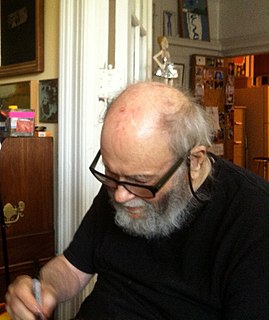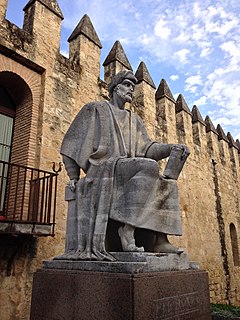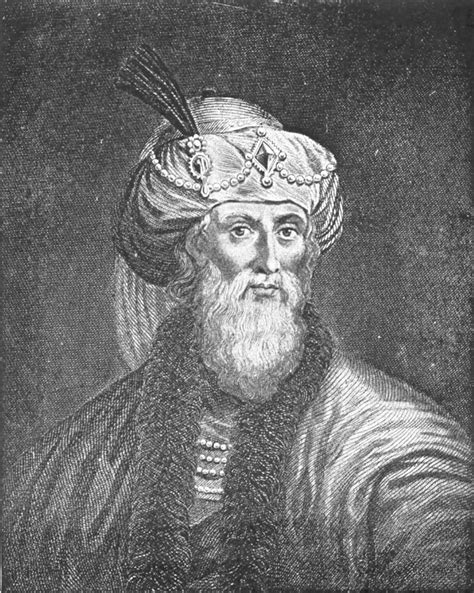A Quote by Hans-Georg Gadamer
For both art and the historical sciences are ways of experiencing in which our own understanding of existence is immediately brought into play.
Quote Topics
Related Quotes
Both art and science are bent on the understanding of the forces that shape existence, and both call for a dedication to what is. Neither of them can tolerate capricious subjectivity because both are subject to their criteria of truth. Both require precision, order, and discipline because no comprehensible statement can be made without these. Both accept the sensory world as what the Middle Ages called signatura regrum, the signature of things, but in quite different ways.
All thought of something is at the same time self-consciousness [...] At the root of all our experiences and all our reflections, we find [...] a being which immediately recognises itself, [...] and which knows its own existence, not by observation and as a given fact, nor by inference from any idea of itself, but through direct contact with that existence. Self-consciousness is the very being of mind in action.
The facts which our senses present to us are socially performed in two ways: through the historical character of the object perceived and through the historical character of the perceiving organ. Both are not simply natural; they are shaped by human activity, and yet the individual perceives himself as receptive and passive in the act of perception.
In my own version of the idea of 'what art wants,' the end and fulfillment of the history of art is the philosophical understanding of what art is, an understanding that is achieved in the way that understanding in each of our lives is achieved, namely, from the mistakes we make, the false paths we follow, the false images we have come to abandon until we learn wherein our limits consist, and then how to live within those limits.
Art that means anything in the life of a community must bear some relation to current interpretations of the mystery of the universe. Our rigid separation of the humanities and the sciences has temporarily left our art stranded or stammering and incoherent. Both art and science ought to be blended in our early education of our children's emotions and powers of observation, and that harmony carried forward in later education.
The social sciences offer equal promise for improving human welfare; our lives can be greatly improved through a deeper understanding of individual and collective behavior. But to realize this promise, the social sciences, like the natural sciences, need to match their institutional structures to today's intellectual challenges.









































